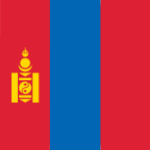
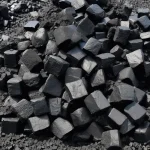
Coking Coal
19 496 400 t
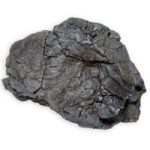
Lignite
4 802 000 t
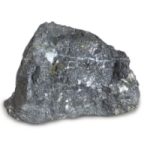
Iron
4 289 540 t
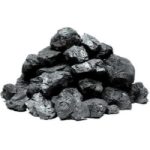
Steam Coal
3 291 600 t
Mongolia is one of the leading suppliers of critical raw materials, with over 8,000 mineral occurrences and 80 types of minerals and metals in the 1,170 minefields, including copper, base metals, gold, coal, and uranium. The mining sector is a key driver of the country’s economy. Since the late 1980s, mining has been an important sector of the Mongolian economy, accounting for 42.6% of exports in 1985.
The industry is continuing to rise as a major sector, with Chinese, Russian, and Canadian companies starting mining businesses in the country. Mongolia has significant reserves of coal, copper, gold, silver, iron ore, tungsten, uranium, and rare earth metals, making it an attractive mining investment destination. The country has been making ongoing efforts to modify its legal environment to align it more closely with global standards, given the importance of the minerals sector.
One significant mining investment in Mongolia is the Oyu Tolgoi copper-gold deposit, one of the largest known copper and gold deposits in the world. The project is operated by Turquoise Hill Resources, a subsidiary of Rio Tinto, and has been in operation since 2013. The mine is expected to be one of the world’s top three copper producers by 2025, with the potential to contribute significantly to the country’s economy and the global supply of critical raw materials.
The country’s mining and metals industry offers attractive investment opportunities, with the government making ongoing efforts to improve the legal environment and align it with global standards. The Oyu Tolgoi copper-gold deposit is a major mining investment in the country, with the potential to contribute significantly to the country’s economy and global supply of critical raw materials.
